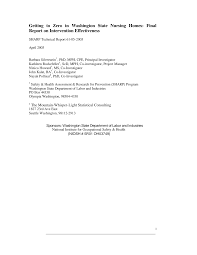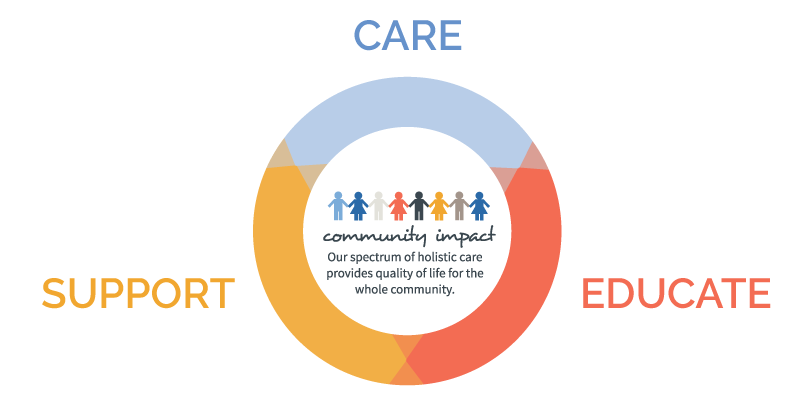
Many people need to look at their housing options as they age. One option is to find a smaller Florida condo or apartment close to family. Others may need help with daily activities or skilled nursing. There are many senior housing options, regardless of what case it may be.
Cohousing
Senior cohousing, which is an option for older adults, is one of the most preferred housing options. Cohousing is a community style where residents share their living space with others and also share common amenities like a kitchen, outdoor spaces, and laundry facilities. Senior cohousing communities tend to be intergenerational but are also designed to accommodate both younger and older residents.
Some seniors find cohousing attractive, despite the fact that it can be difficult to find affordable housing. This style of housing is similar in concept to developmentally-disabled group homes. It is ideal for elderly residents to reduce their home health care costs and loneliness.

Assisted living
Seniors who are able to live independently but don't require nursing home-level care can consider assisted living facilities. These facilities offer daily housekeeping, meals, therapy, and medical care. There are also options for couples to share a room. These facilities are government-subsidized and often have multiple levels of care.
Staff members of assisted living communities typically have specialized training in dementia-care. The community provides a safe environment to residents and prevent them from wandering. For seniors with memory issues, the staff can provide stimulating activities. Nursing homes, on the other hand, house individuals with chronic medical conditions and provide 24 hour medical supervision. These facilities can be the most restrictive of all elderly housing options but offer security and comfort. Staff are always on call to assist residents in emergency situations.
Retirement communities
Many retirement communities offer housing options to the elderly. Many are in warmer climates. However, it can be hard to move a long distance. It can be challenging to establish a new social network and it can also make it difficult to access medical care. It is important to evaluate the area, availability of healthcare, and accessibility to common amenities and locations when you are looking for a retirement village. In addition, make sure to consider whether or not the community will accept pets.
Living in a large city offers many benefits, including the possibility of longer independence for the elderly. A high-rise building with an elevator is more affordable than a home at a distance. Additionally, the doorman can offer concierge services. You can also enjoy city living, which offers many amenities such as 24-hour delivery and public transportation.

Boarding and care homes
Board and home care homes can be compared to assisted living communities. However, they don't offer the same level as nursing homes. Residents are provided daily assistance in their daily activities, but do not receive 24 hour skilled nursing care. This type of housing is more prevalent in California and North Carolina that in other regions. All of them operate with the same concept.
Care homes and board facilities are smaller facilities that can take in three to forty residents. They offer basic care services for the elderly, including meals, housekeeping, and laundry services. Some of these homes are also called personal care houses.